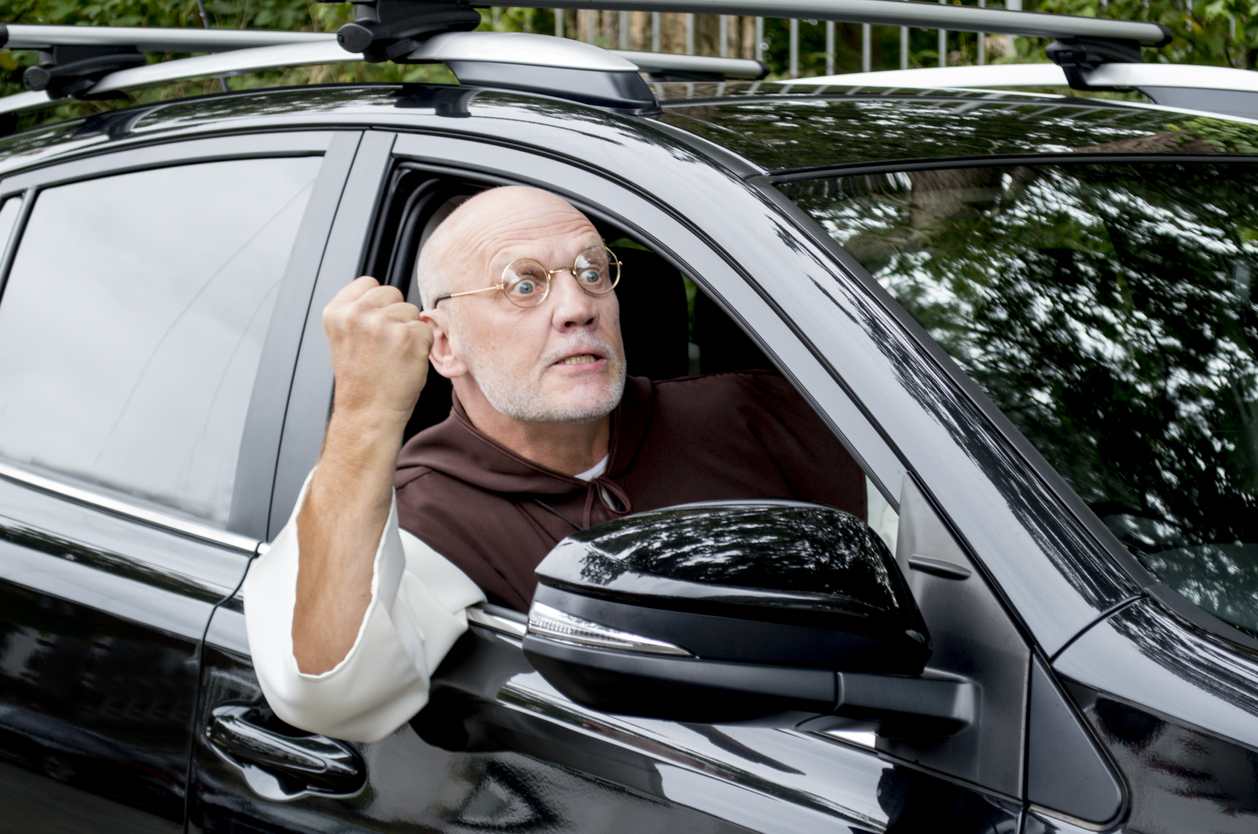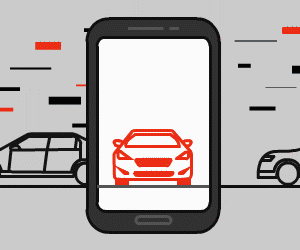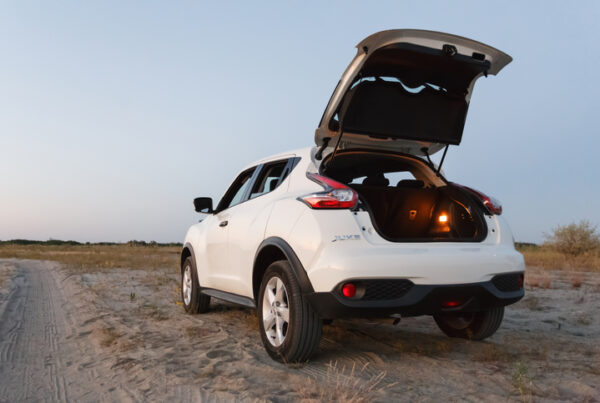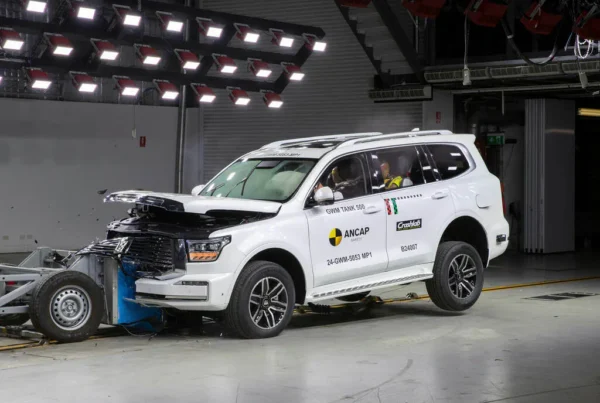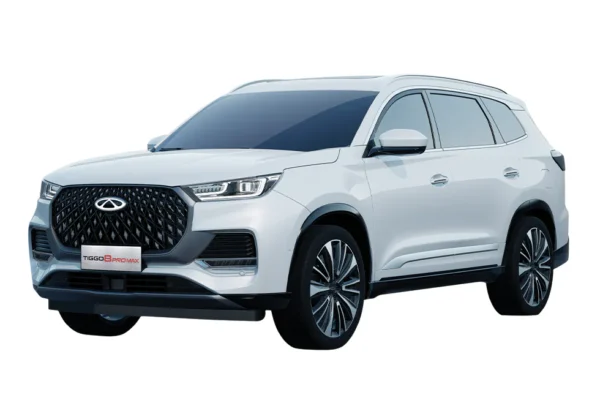Australian motorists are being urged to manage their rage through mindful behaviours as part of a new road safety campaign.
The ‘Travel Time. Your Time’ campaign is a collaborative effort of the National Road Safety Partnership Program (NRSPP), Monash University Accident Research Centre (MUARC) and Budget Direct.
A survey conducted by Budget Direct found approximately 80% of Australian drivers surveyed do not believe they exhibit road rage behaviours, yet many have reported being involved in a road rage incident in the past 12 months.
Sixty-five per cent of drivers have been shouted/cursed at or received rude gestures, and 22% have shown aggression towards a cyclist.
The most common causes of road anger were potentially dangerous behaviour from other road users, rudeness or discourtesy from other road users, travel delays and direct aggression from other road users with up to 90% of drivers saying these situations make them angry.
MUARC aggressive driving expert, Dr Amanda Stephens, encouraged drivers to think positively about their time behind the wheel and not let other drivers trigger angry emotions.
“How you feel is how you drive, so a negative mood will translate into poor driving practice,” Dr Stephens said.
“Most drivers see others as the problem, so it’s really important to focus on our own mental wellbeing during our travel time and commit ourselves to a positive driving experience.”
Stephens is supportive of the campaign’s focus on mindfulness, including the call for drivers to practice interventions that promote less hostile thought processes.
Mindfulness encourages drivers to be aware of their actions and emotions in the present moment and to be open and non-judgmental towards situations. This means accepting the situation and choosing not to react with negative emotions, while shifting to positive thinking.
The campaign suggests that travel time is your time, and ‘It’s not worth it’ spending that time feeling angry.
“Mindfulness will become particularly important when more drivers emerge out of COVID-19 lockdown,” Dr Stephens added.
“There is likely to be a shift in community mood as drivers return to the roads and are reacquainted with travel delays and increased road congestion.”
The NRSPP has published a helpful Organisational Road Safety Campaign package (featured contributors include AfMA president Tim Roberts and Jerome Carslake) to assist fleets which can be read here.

